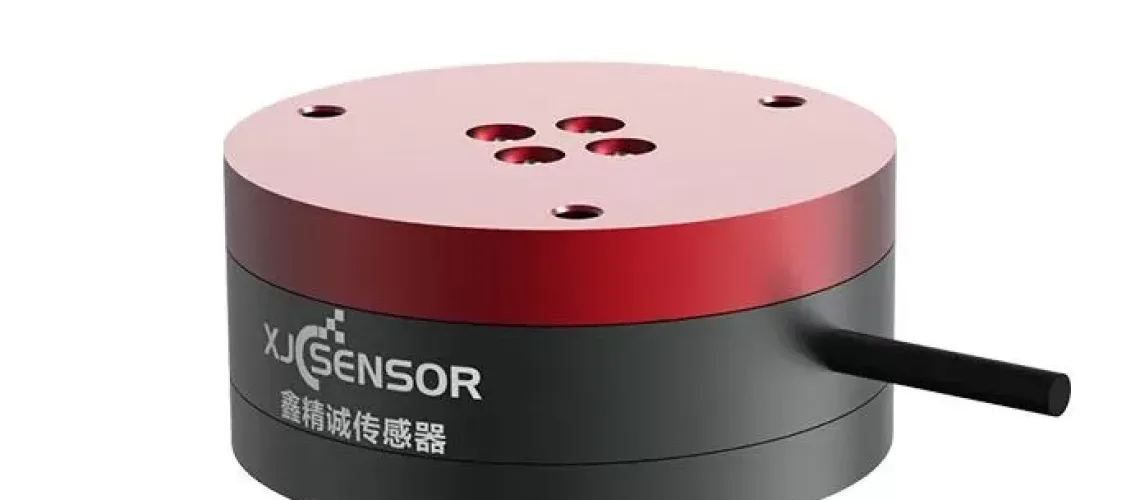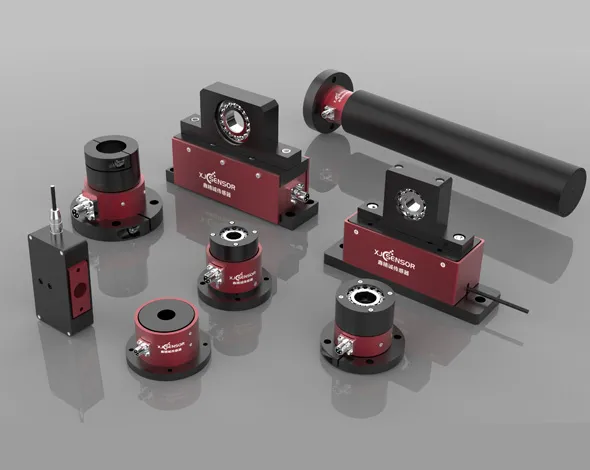Force measurement is a critical aspect of many industries, and advancements in sensor technology have revolutionized our ability to understand and control complex forces. In this blog post, we will explore the capabilities of 6-axis force sensors and their applications in various industries.
Understanding 6-Axis Force Sensors
What Are 6-Axis Force Sensors?
6-axis force sensors, also known as hexapod force sensors or multi-axis force/torque sensors, go beyond the capabilities of their lower-axis counterparts by capturing force data along six perpendicular axes – three translational axes (X, Y, Z) and three rotational axes (roll, pitch, yaw). This comprehensive measurement capability allows for a deeper understanding of force interactions in complex applications.
How Do 6-Axis Force Sensors Work?
Key Features and Advancements
- Comprehensive Force and Torque Measurement: The additional rotational axes in 6-axis force sensors enable the detection of torque or twisting forces. This capability provides a holistic understanding of force interactions in applications involving rotation or torsion, allowing for precise force control and analysis.
- High Sensitivity and Resolution: Advances in sensor technology have increased the sensitivity and resolution of 6-axis force sensors, making them capable of detecting even the smallest variations in force and torque. This level of precision is crucial in applications that require intricate force analysis or control.
- Robust Design and Durability: 6-axis force sensors are designed to withstand harsh environments and repetitive use. They are built to be durable, ensuring reliable performance even in demanding industrial settings.
- Flexible Integration: These sensors can be easily integrated into various systems and setups. Their compact size and compatibility with different mounting options make them suitable for a wide range of applications.
Applications of 6-Axis Force Sensors
Robotics and Automation
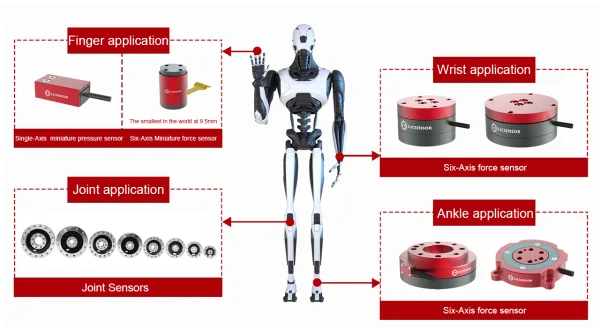
Aerospace and Automotive Engineering
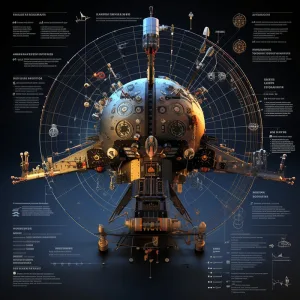
Medical and Biomechanical Research
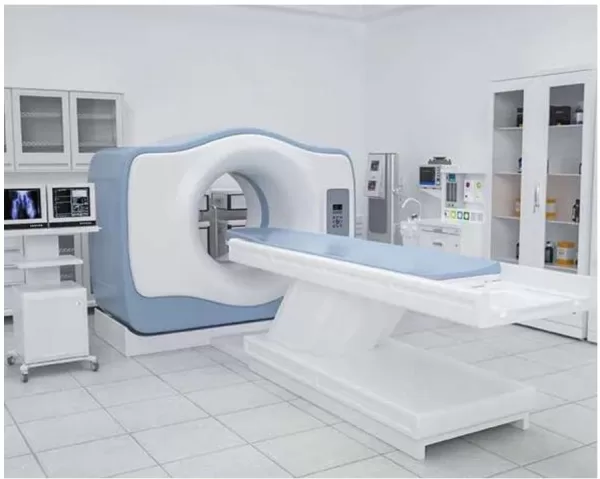
Manufacturing and Materials Testing
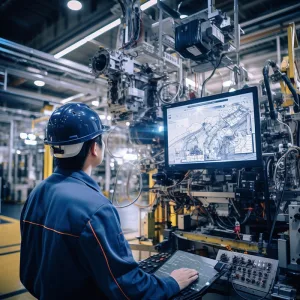
Benefits and Future Perspectives
Enhanced Control and Precision
Real-Time Monitoring and Feedback
Advancement in Robotic Systems
At force sensors manufacturer – XJCSENSOR, we specialize in delivering high-quality 6-axis force sensors that meet the demanding requirements of specialized industries. Our sensors are built with advanced technology, ensuring accurate measurements, robustness, and compatibility with various applications.
